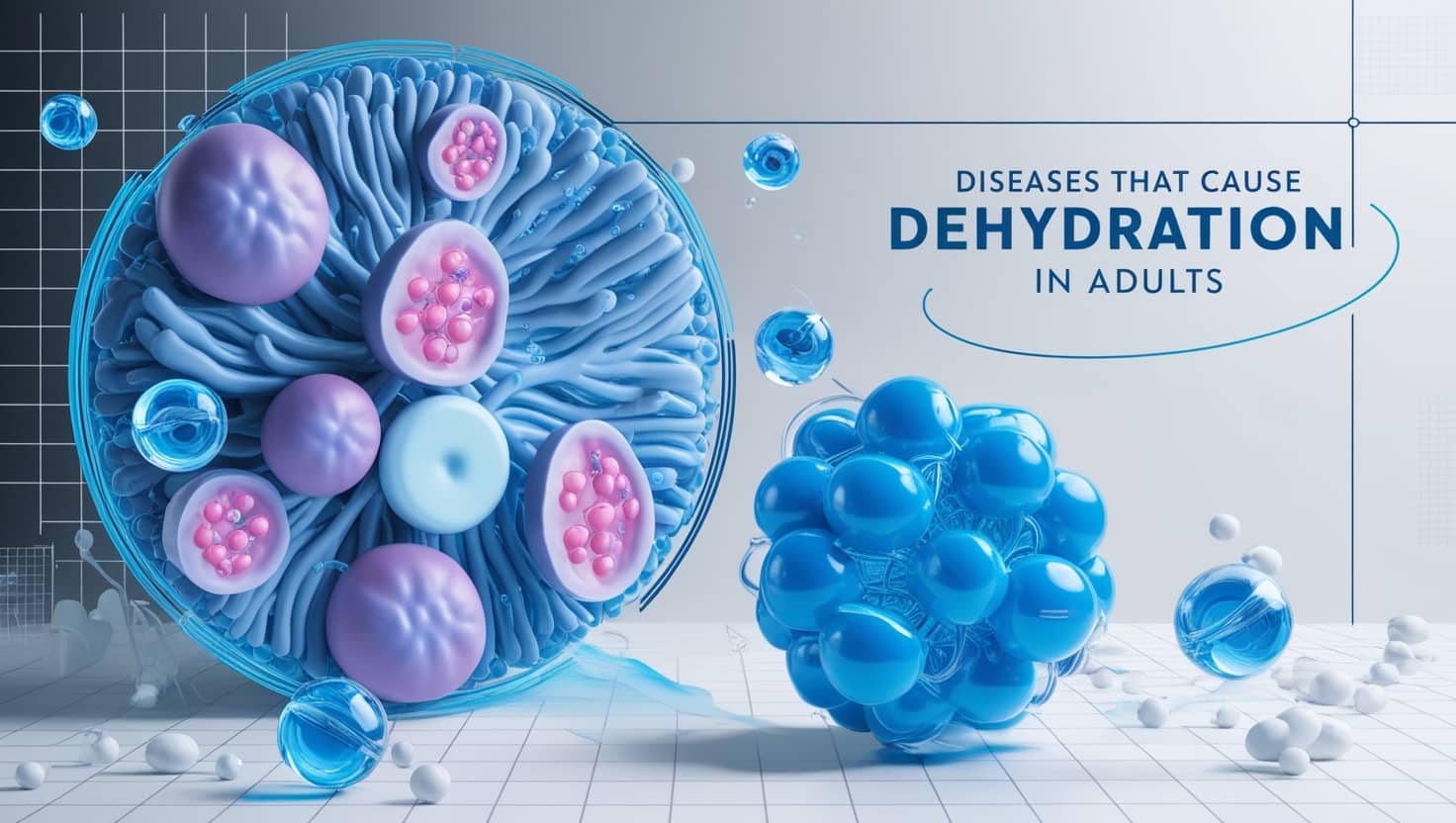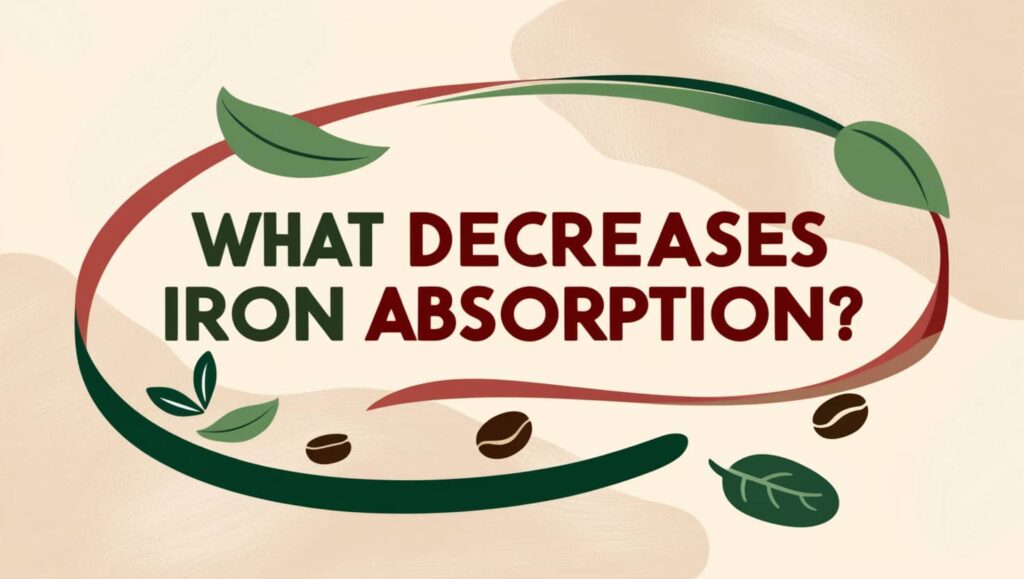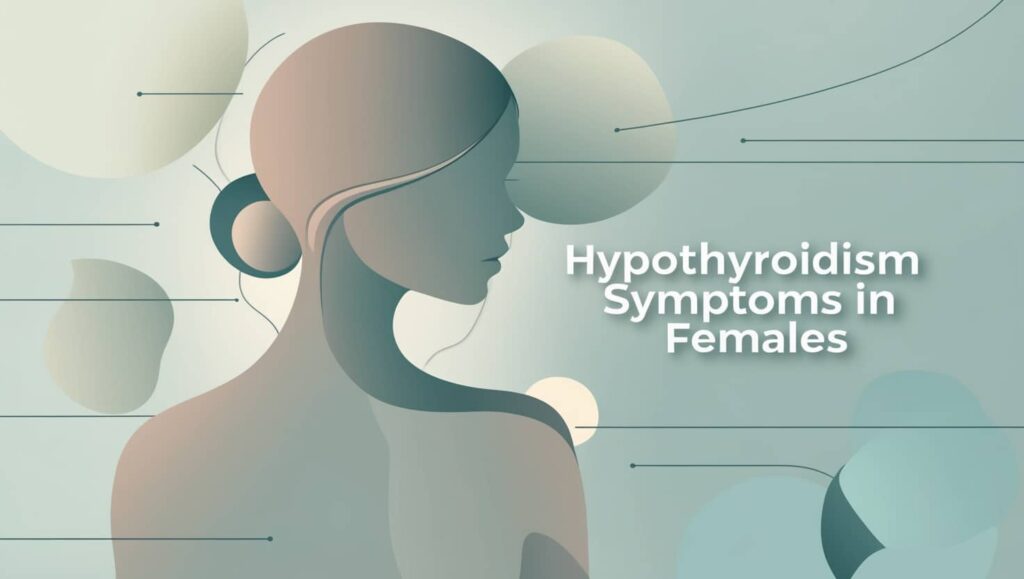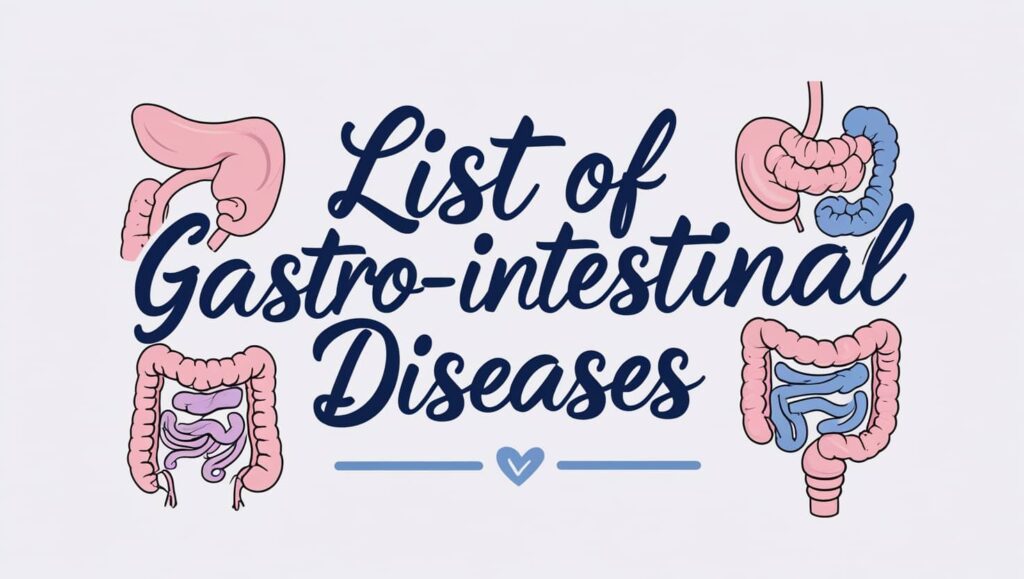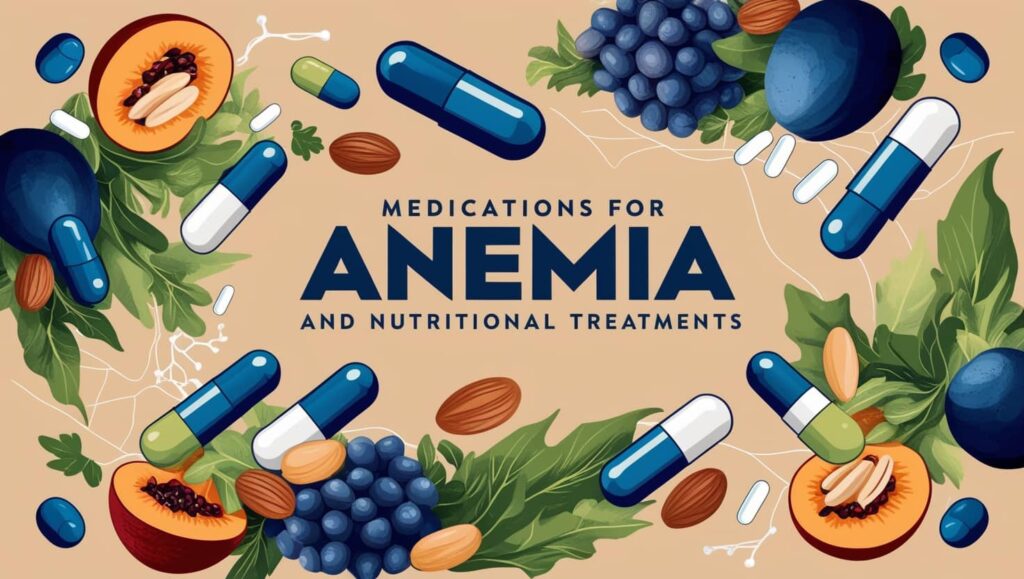Dehydration in adults results from a deficit in bodily fluids, impairing normal physiological functions.
Symptoms may include headaches, dizziness, and fatigue. To mitigate the risk of dehydration, it is advisable to consume water proactively, rather than reactively.
Severe dehydration, such as heatstroke, can pose a significant threat to health.
dehydration can be caused by fever or diarrhea and there are also some diseases that cause dehydration in adults, which we will learn about in the following paragraphs.
Gastrointestinal Conditions Leading to Dehydration
Gastrointestinal diseases are one of the most common causes of dehydration, especially if they cause symptoms such as vomiting and diarrhea, causing the body to lose fluids and electrolytes.
The most important of these health conditions are:
Microbial gastrointestinal infection
Viral gastroenteritis: which causes infections in the stomach and intestines, accompanied by symptoms such as vomiting, diarrhea, and abdominal cramps.
Bacterial gastroenteritis: which causes symptoms such as vomiting, diarrhea, and fever, and is caused by types of bacteria such as Campylobacter, salmonella, and E. coli.
Chronic digestive diseases
Irritable bowel syndrome (IBS): It is a disorder that affects the large intestine and causes symptoms such as constipation, diarrhea, bloating, and abdominal pain.
Inflammatory bowel disease (IBD): such as ulcerative colitis and Crohn’s disease, which cause chronic diarrhea, weight loss, and abdominal pain.
Celiac disease: It is an autoimmune disease that occurs as a result of eating gluten, a type of protein found in wheat and some other grains. This disease causes diarrhea and abdominal pain and affects the body’s ability to absorb nutrients.
Some other gastrointestinal diseases, such as food poisoning and malabsorption syndromes, including short bowel syndrome or pancreatic insufficiency, can also cause loss of body fluids and dehydration. (Nieuwenhoven, Vriens, Brummer, & Brouns, 2000)
Diabetes and Fluid Imbalance Risks
Diabetes can cause an imbalance in body fluids due to the following factors:
Frequent Urination: The result of the body’s attempt to get rid of excess sugar in the blood through urine, which reduces the kidneys’ ability to reabsorb water.
Dehydration: It occurs as a result of frequent urination, as the body loses more fluids than it can replace.
Lack of saliva production: This is a problem that occurs as a result of high blood sugar and causes dry mouth and a feeling of thirst.
Electrolyte imbalance: Diabetes causes an imbalance in the levels of potassium and sodium in the blood, which affects blood pressure and causes muscle weakness, balance problems, and irregular heartbeat.
Diabetic Ketoacidosis (DKA): It is one of the common complications of diabetes and one of the most important causes of dehydration and electrolyte imbalance due to the accumulation of ketones in the body.
Infections Associated with Dehydration
Dehydration weakens the immune system and causes microbial infections.
Microbial infections can also cause dehydration. Here are some common infections associated with dehydration:
Respiratory infections: such as influenza and pneumonia, which cause fever and tissue inflammation, which prompts the body to try to lower its temperature by producing more sweat, which causes dehydration.
Gastrointestinal infections: whether viral or bacterial, cause severe diarrhea, vomiting, loss of body fluids, and dehydration.
Urinary Tract Infections (UTIs): A condition that occurs as a result of dehydration and the concentration of bacteria in the bladder and urinary tract.
Skin Infections: It can also occur as a result of exposure to dryness and loss of skin protection.
Read Also: Causes of Dizziness in Women
Chronic Illnesses Affecting Hydration Levels
Some chronic diseases can cause dehydration directly or indirectly, such as:
Chronic Kidney Disease (CKD): which makes it difficult for the body to maintain fluid balance.
Heart Failure: It can cause Fluid Retention, which causes edema.
Diabetes: This is due to frequent urination and decreased saliva production.
Chronic Gastrointestinal Disorders: such as Inflammatory Bowel Disease (IBD) and Irritable Bowel Syndrome (IBS).
Chronic obstructive pulmonary disease (COPD): which increases breathing rates, causing dehydration.
Neurological disorders: such as diabetes insipidus, which causes frequent urination and increases the risk of dehydration. ( Manz , 2007)

Managing Dehydration in Adults
Diseases that cause dehydration in adults can cause a lot of damage, so you must manage dehydration through the following:
Managing mild dehydration
For mild dehydration, you can treat the problem at home by:
- Drink plenty of fluids such as water, clear broth, diluted fruit juices, or sports drinks to replenish electrolytes.
- Avoid excessive caffeine and alcohol, as they can contribute to further dehydration.
- Take oral rehydration solutions (ORS) to replace fluids and electrolytes lost due to illness or excessive sweating. It is available without a prescription.
Management of severe dehydration
If you are severely dehydrated and experience symptoms such as rapid heartbeat, dizziness, or confusion, seek immediate medical attention. Cases of severe dehydration require intravenous (IV) fluid injections to quickly restore the body’s fluid balance.
Read Also: Sudden Stabbing Pain in Pelvic Area in Female
References
Manz , F. (2007). PubMed. Retrieved from Hydration and disease : https://pubmed.ncbi.nlm.nih.gov/17921462/
Nieuwenhoven, M. A., Vriens, B. E., Brummer, R. J., & Brouns, F. (2000). Effect of dehydration on gastrointestinal function at rest and during exercise in humans. Retrieved from PubMed: https://pubmed.ncbi.nlm.nih.gov/11192068/


